Credit: https://opensea.io/0x0a1e81AF6993bc702345d6bB35b16cc411CFAEBd
Update: As many readers have requested, I added several more universities to the list.
Recent events in the world of cryptocurrencies (namely hacks and de-pegging of stablecoins) have emphasized the need for more peer-reviewed blockchain research, especially on the topic of security and long-term sustainability. Below are some of the efforts being taken by various American Universities to further the existing research around blockchains.
Stanford University

In late August 2022, Input Output Global (IOG) announced a $4.5 million blockchain research hub at Stanford University. IOG is a blockchain research and engineering company — with a special focus on the Cardano blockchain — founded by Charles Hoskinson and Jeremy Wood. Funding from the project is available to faculty, graduate, and undergraduate students at Stanford.

IOG has outlined several different relevant topics that will receive funding:
- Decentralized Applications (dApps) on the Cardano blockchain
- Security, scalability, interoperability, and sustainability of the Ouroboros proof-of-stake protocol (PoS)
- Decentralized digital identification systems (Atala Prism)
- Layer 2 scalability solutions (Hydra)
- Smart contract programming languages (Plutus and Marlowe)
- Security and external application integrability of full-node (Daedalus) and light wallets (Lace)
- Management of treasury system for project funding (Catalyst)
Long-time blockchain researcher and Stanford professor David Tse will chair the committee with help from various other computer scientists, engineers, and political scientists at Stanford.
Columbia University

In July 2018, Columbia University in New York City and International Business Machines (IBM) teamed up to launch the Columbia IBM Center for Blockchain and Data Transparency. Founded in 1911 by Charles Flint, IBM is an information technology solutions company that has recently begun to explore the applications of blockchain technology.
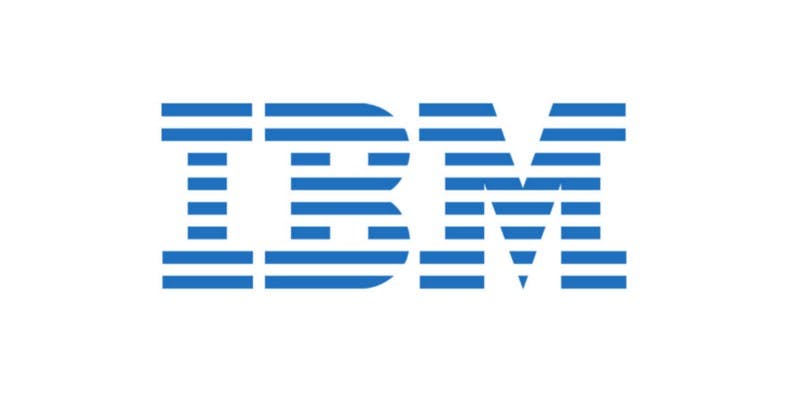
IBM will provide software tools, internship opportunities, research projects, and funding to students, faculty, and other members of the startup community. The primary focus of the center revolves around:
- Research on data transparency
- Applications of blockchain technology
- Advising on policy/regulation related to data transparency, data ownership, and monetization models
- Supporting startups and developing skills through internships and education
In 2019, the Columbia-IBM Center for Blockchain and Data Transparency awarded seed funds to three projects:
- Incentive Compatible Blockchains: Christos Papadimitriou, Tim Roughgarden, and Xi Chen conducted research that examines the reward mechanisms of PoS and PoW protocols. In their research, the team has found a flaw in PoW protocols using game theory and other mathematical models. Their further research will try to fix this problematic incentive.
- DeepSEA Smart Contract Framework: Ronghui Gu and a team of graduate students developed a functional programming language called DeepSEA-Blockchain. The DeepSEA-Blockchain platform allows developers to write code that uses mathematical models to create defenses against costly cyberattacks. Gu plans to use the seed fund to further develop the platform and to eventually integrate DeepSEA-Blockchain with IBM’s Hyperledger Fabric.
- Machine Learning and Changing Economics of Knowledge: Simona Abis and Laura Veldkamp set out to research how businesses use data to make decisions in a knowledge economy. They will look at the implications of machine learning on the value of data and the resulting change in demand for data scientists at businesses.
Massachusetts Institute of Technology
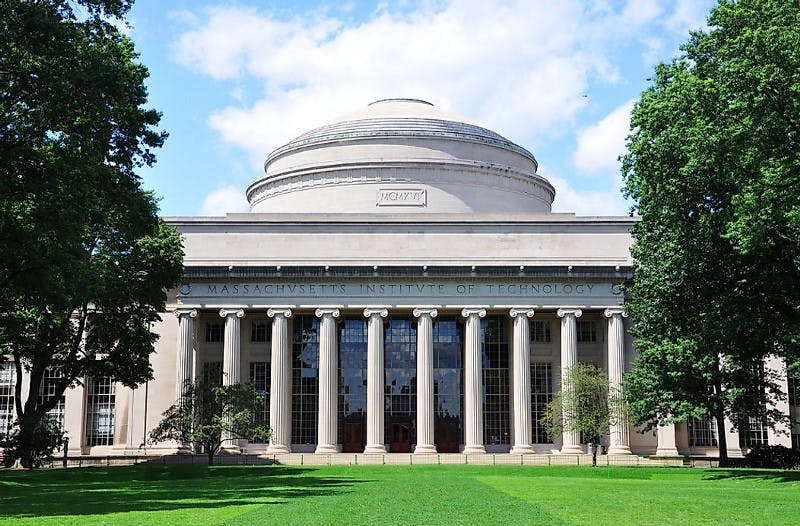
The Massachusetts Institute of Technology (MIT) has had many connections to the world of blockchains and cryptocurrency. Not only was the Algorand blockchain created there, but MIT also has a Digital Currency Initiative (DCI). The DCI is a research community at MIT that focuses on cryptocurrency and blockchain technology.
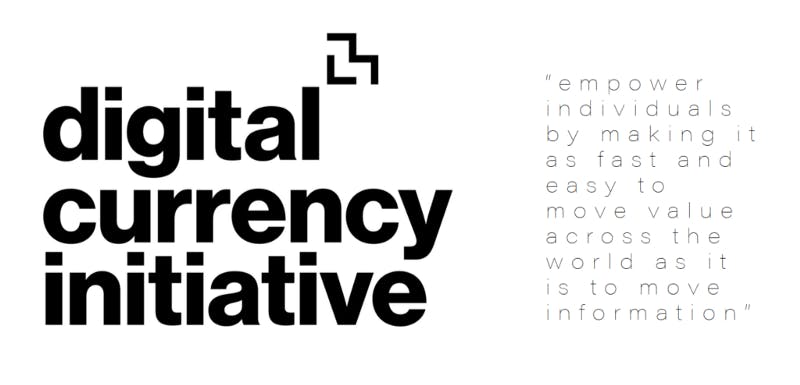
The DCI has published numerous research papers on a variety of topics, from blockchain-based voting systems to conditional payments on the Bitcoin blockchain. The DCI also hosts many blockchain and cryptocurrency educational courses, for both students at MIT and for anyone online using MIT OpenCourseWare.
The DCI also maintains Pool Detective since 2019. Pool Detective is a tool that monitors Bitcoin mining pools for selfish mining, sharing “work” across multiple blockchains, and other undesirable damaging acts that can be taken by mining pools.
Princeton University

Princeton has also had many connections to the blockchain world. Most notably, Joseph Lubin, a Princeton alumnus, co-founded the Ethereum blockchain and is currently CEO of Cosensys (a blockchain software technology company). More recently, Princeton has launched the Venture Forward campaign in March 2022 which will provide funding for research on blockchain technology and create a “vibrant environment for teaching and learning” around blockchain. Several prominent names in the blockchain world are providing funding for this campaign: Joseph M. Lubin, Peter L. Briger, Michael E. Novogratz, and Daniel W. Morehead.
Princeton’s Initiative on Blockchain
Princeton’s Blockchain Society (PBS) is a student-driven club at Princeton that hosts educational meetings, conducts research on blockchain research, and provides support for blockchain startups on campus. PBS has partnered with many influential figures and projects, including Algorand.

Yale University

Algorand has been involved with research at many universities, and Yale is no exception. In August 2022, Algorand gave Yale University a $5.75 million grant to start PAVE, A Center for Privacy, Accountability, Verification, and Economics of Blockchain Systems. However, the center includes computer scientists from more than just Yale. Other institutions involved include Columbia University, City College of New York (CCNY), Swiss Federal Institute of Technology in Lausanne (EPFL), and CertiK (a blockchain security company founded at Columbia). The team will focus on blockchain research and application through multiple perspectives, like Computer Science, Economics, and Law. Find the full list of Algorand Centres of Excellence here.

Yale also has multiple on-campus courses on blockchain: Economics of Blockchains (ECON 451), Economic Topics in Algorithms (ECON 435), The Digitalization of Money (MGT 843), Introduction to Cryptography (CPSC 567), and Frontiers of Blockchain Research (CPSC 668). In addition, Yale has a blockchain club (YBC) that actively hosts educational and workspace events on campus.
Northwestern University

In April 2022, bloXroute — a blockchain distribution network provider — raised over $70 million in its recent funding round. bloXroute was cofounded by Northwestern alumnus Uri Klarman and Northwestern Computer Science Professor Aleksandar Kuzmanovic. A major problem with cryptocurrencies today is that they have not scaled enough to process large amounts of transactions. bloXroute aims to solve the scalability bottleneck by compressing block data and creating distribution nodes that simultaneously relay information to many more nodes.
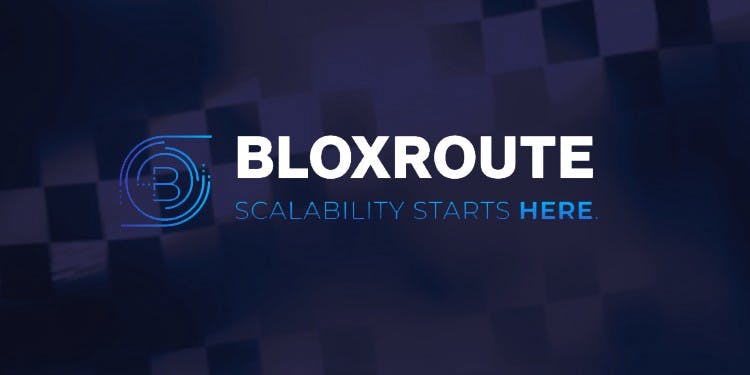
Northwestern also has its own blockchain club (NU Blockchain Group) and specialized courses on blockchain. NU Blockchain Group helps students at Northwestern perform blockchain research and has partnered with Binance (as part of the Binance Academy program) and bloXroute. Its blockchain courses are in the McCormick School of Engineering, like ELEC_ENG/COMP_ENG 334, COMP_SCI 396, and COMP_SCI496.
Brown University

Brown University, living up to the principles of its Open Curriculum concept, has multiple classes on blockchain/cryptocurrencies and research opportunities. In fact, one blockchain course — CSCI 2952-A — taught by Maurice Herlihy had to be capped at sixty students after too many students applied. Maurice Herlihy is a Computer Science Professor at Brown University. He graduated from Harvard and MIT and has won multiple awards for his work and research, including the Gödel Prize and the Dijkstra Prize (three times). Alongside CS2952-A, he also teaches another blockchain technology course: CSCI1951-L.

Brown also has a Blockchain club (Blockchain at Brown) that meets regularly to promote blockchain/cryptocurrency, perform research, and create applications using blockchain. Additionally, Brown University — as well as Harvard, Yale, and the University of Michigan — has reportedly begun investing endowment funds into cryptocurrency.
University of Southern California

Being situated in Los Angeles, students and faculty at the University of Southern California have many opportunities not only in the city but also on campus. In November 2021, USC’s Lloyd Greif Center Entrepreneurial Studies started the USC Blockchain Initiative with the aim of building the future with blockchain. Key speakers at their conference included Anatoly Yakovenko (Co-founder of Solana) and Nick Rose (CEO of Eternity Chain).

USC’s Trojan Blockchain Society also actively educates those curious about blockchain and provides members with resources for career development. USC also has multiple blockchain classes in the Information Technology Program: ITP-256, ITP-356, ITP-366, and ITP-456.
California Institute of Technology

In March 2022, Caltech announced that it will accept over 50 different types of cryptocurrencies. However, Caltech is involved with blockchain in more ways than just this. In collaboration with Simplilearn, an online learning company, Caltech organizes 6-month Blockchain Bootcamps. The boot camp teaches students the basics of blockchain, how to build/implement smart contracts, and how to use blockchain networks.
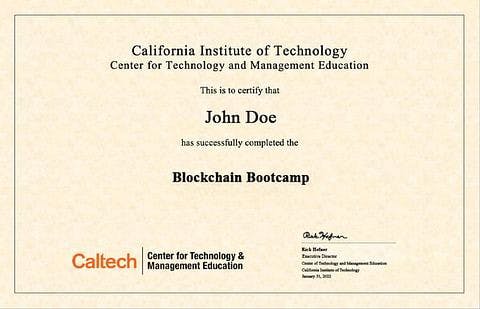
The United States Government has also shown interest in blockchain technology in the past, awarding Digital Bazaar $199k in 2019 and then awarding $200k to SIMBA Chain in 2020. Given the rapid growth of blockchain technology and the rise of web3, governments should continue to fund more research — especially to research universities like the ones above.
According to Coindesk, over $40 billion was lost in the crash of Luna and the de-pegging of UST in May 2022. Some theories state that this occurred because of a massive sell order of over $2 billion that dramatically increased sell pressure, driving the price of both into the ground. The amount of funding given to Stanford for blockchain research is only around 1% of the money lost in the Luna and UST crisis. The question arises whether this amount of funding is enough to prevent future problems with inadequately coded blockchains and smart contracts. Or maybe more funding is needed, from both private parties and government institutions.
If you enjoyed reading this, consider following/clapping. It helps a lot!
Need help with crypto gas fees? Go here: reddit.com/r/CryptoGasFees
